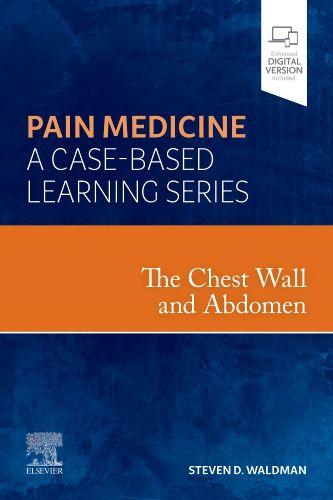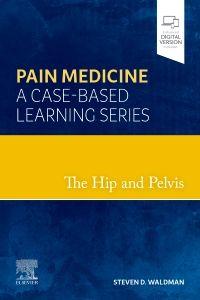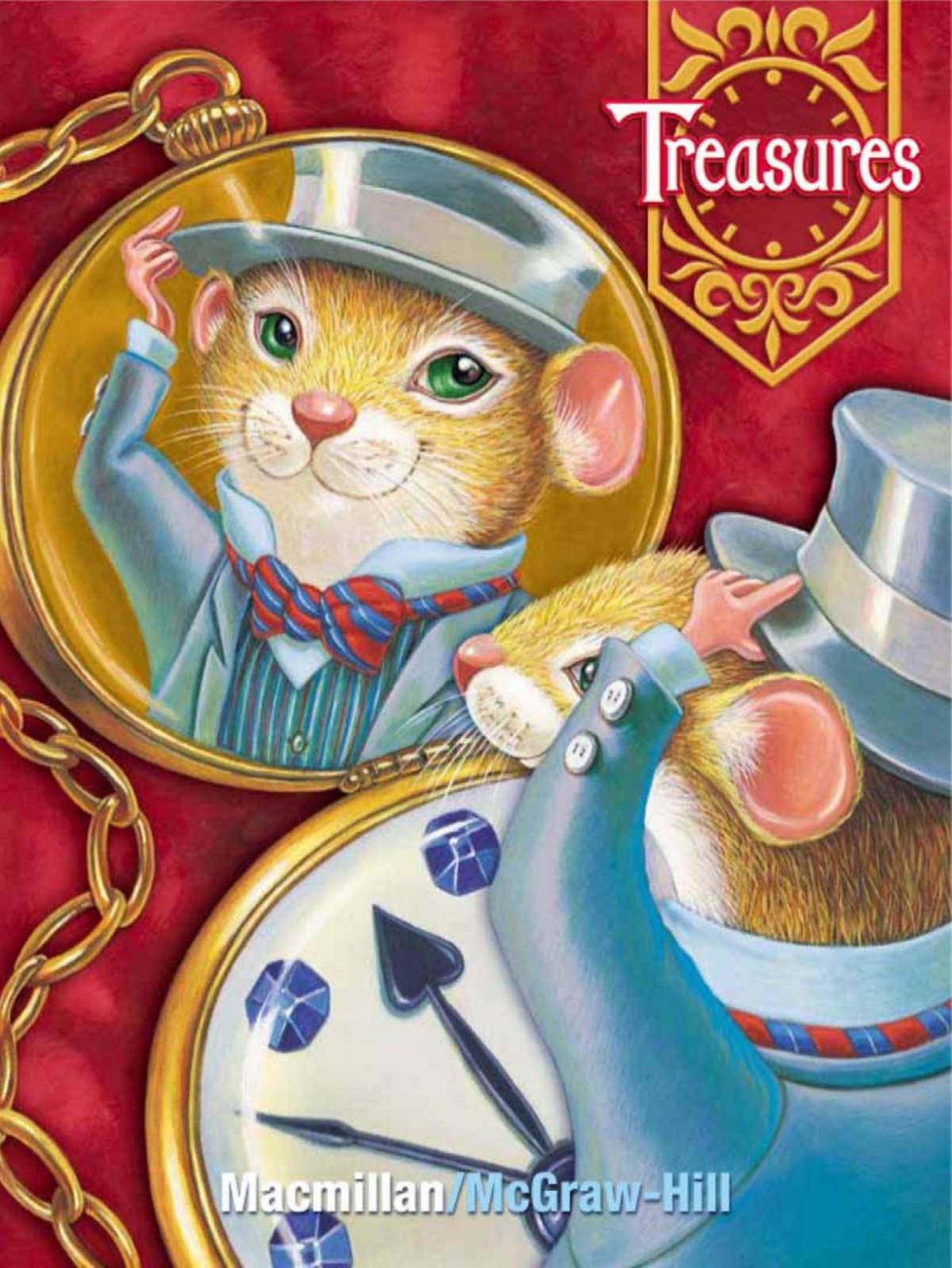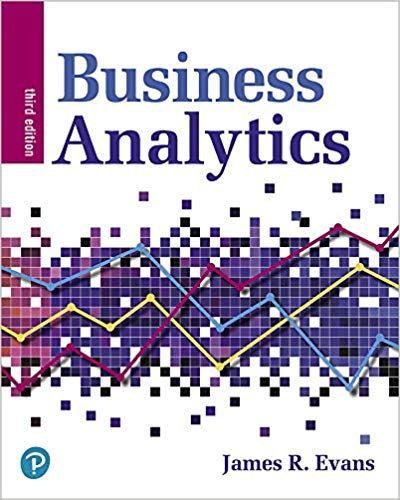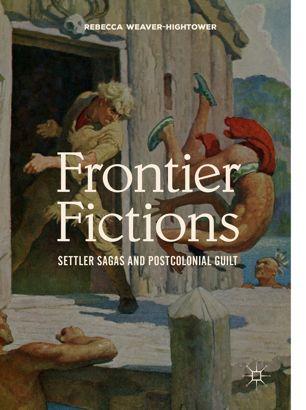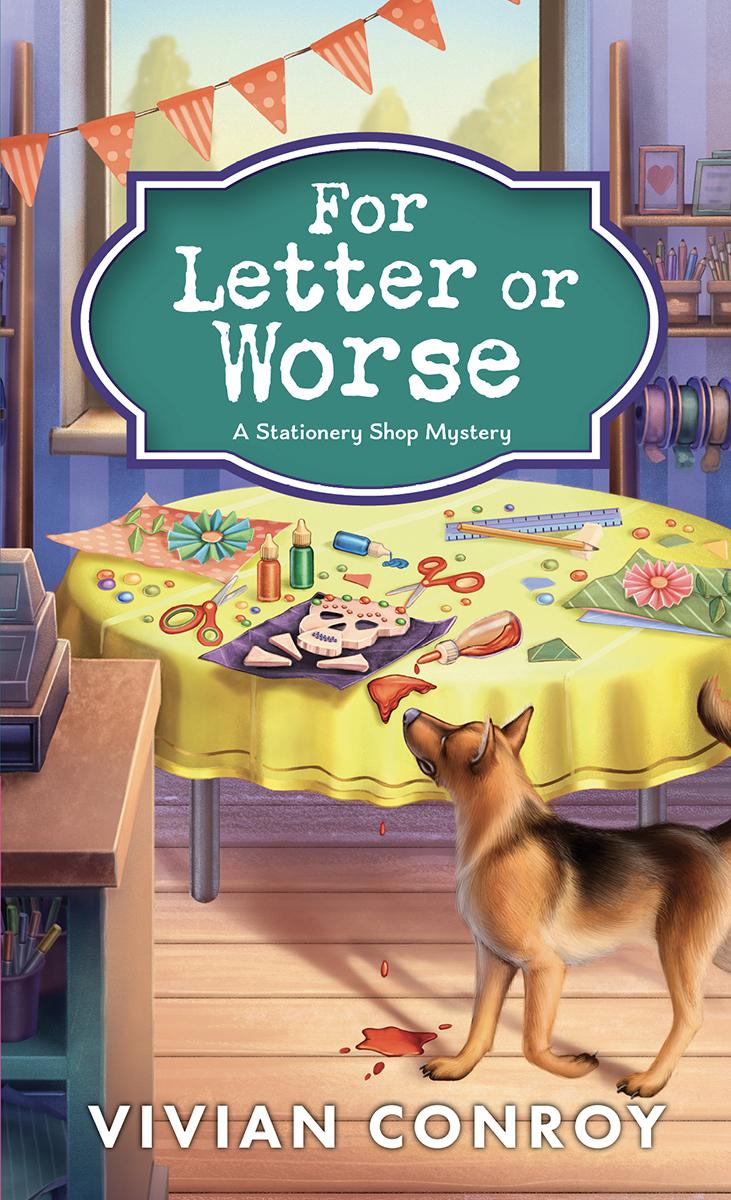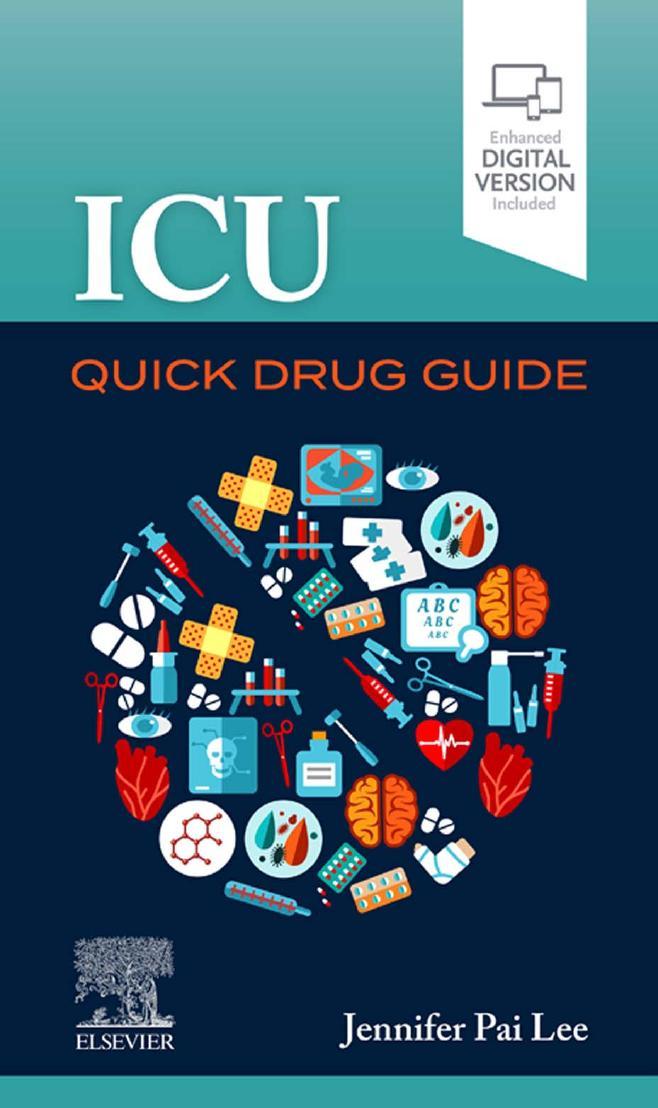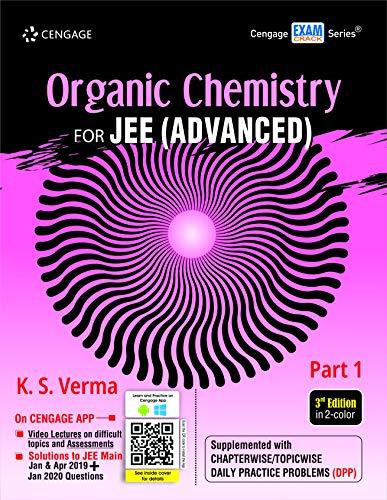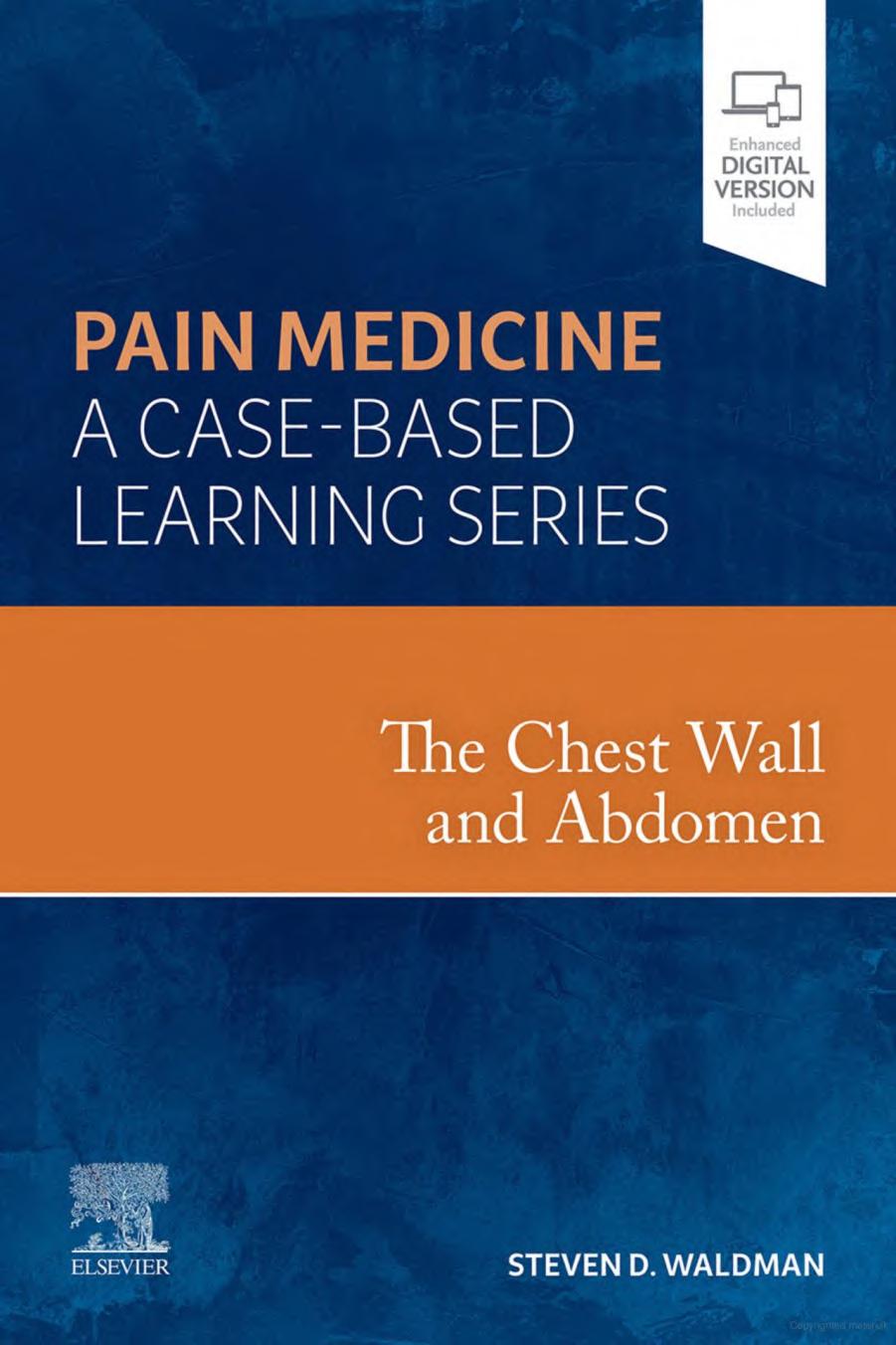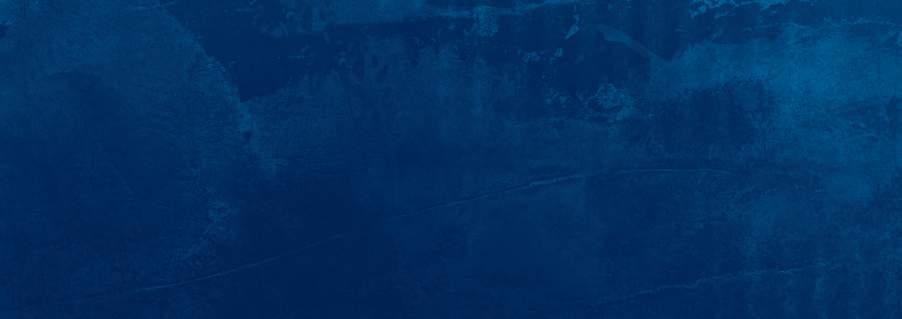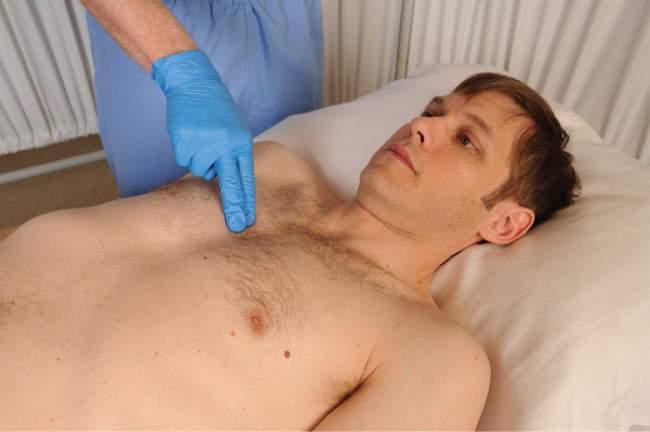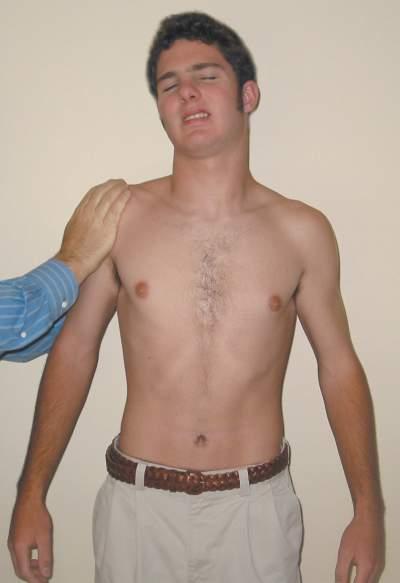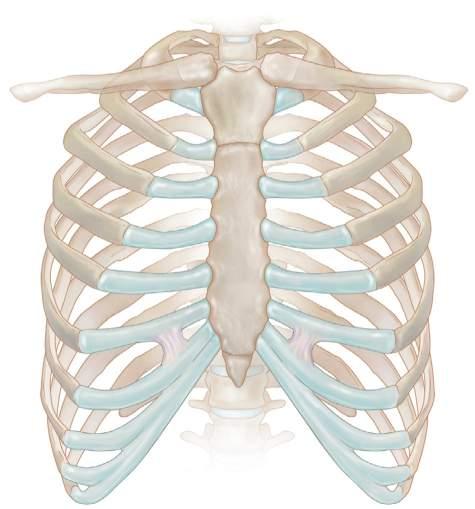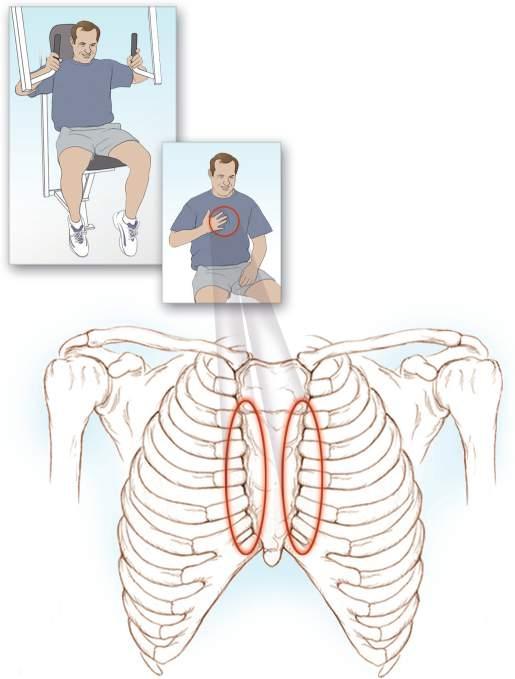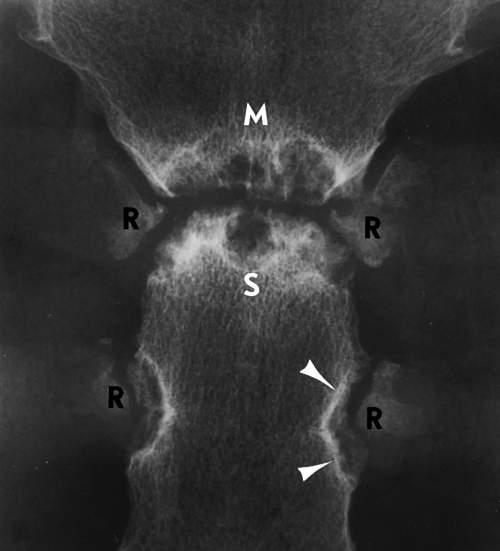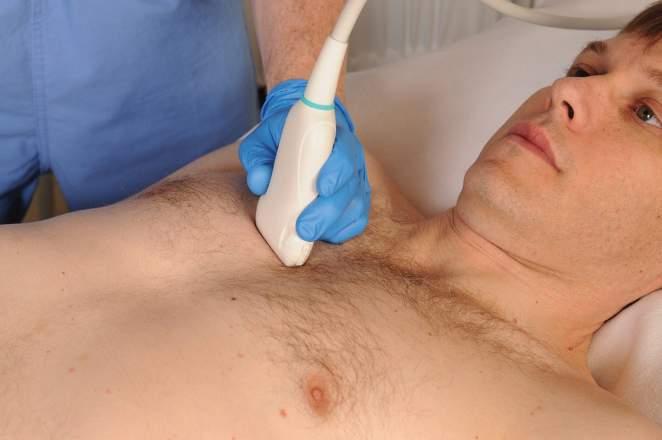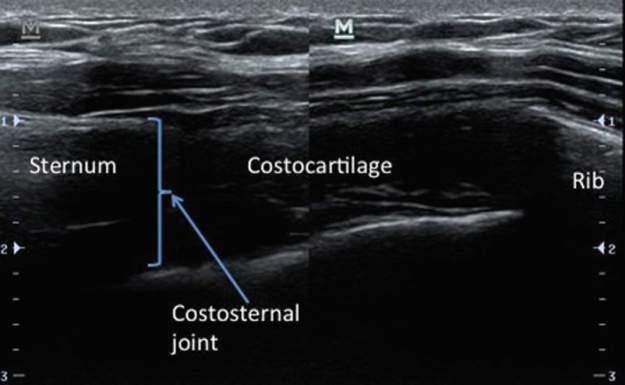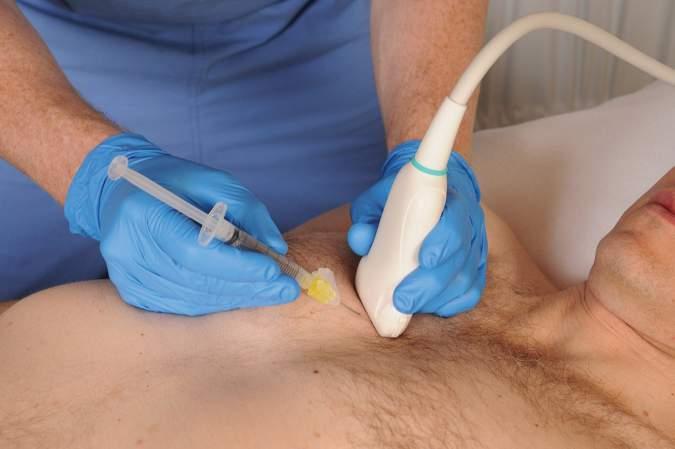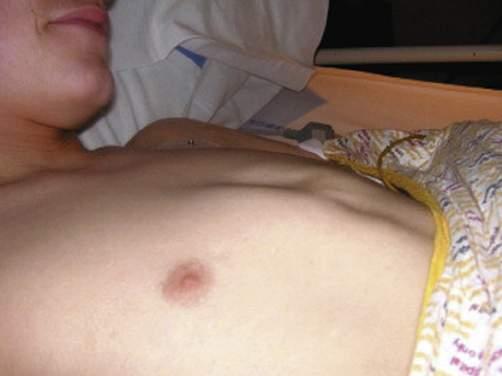PAINMEDICINE ACASE-BASED LEARNINGSERIES
TheChestWallandAbdomen
STEVEND.WALDMAN,MD,JD
Elsevier 1600JohnF.KennedyBlvd. Ste1800 Philadelphia,PA19103-2899
PAINMEDICINE:ACASE-BASEDLEARNINGSERIES THECHESTWALLANDABDOMEN
Copyright © 2023byElsevier,Inc.Allrightsreserved
ISBN:978-0-323-84688-2
Allunnumberedfiguresare ©ShutterstockCh1#1313408291,Ch2#1170763714,Ch3#1813998932, Ch4#118647259,Ch5#1246458301,Ch6#1450389707,Ch7#354598628,Ch8#1419717965, Ch9#1536469760,Ch10#56680288,Ch11#1442971682,Ch12#1112390603,Ch13#1788595244, Ch14#568200667,Ch15#1657365622
Nopartofthispublicationmaybereproducedortransmittedinanyformorbyanymeans, electronicormechanical,includingphotocopying,recording,oranyinformationstorageand retrievalsystem,withoutpermissioninwritingfromthepublisher.Detailsonhowtoseek permission,furtherinformationaboutthePublisher’spermissionspoliciesandourarrangements withorganizationssuchastheCopyrightClearanceCenterandtheCopyrightLicensingAgency, canbefoundatourwebsite: www.elsevier.com/permissions
Thisbookandtheindividualcontributionscontainedinitareprotectedundercopyrightbythe Publisher(otherthanasmaybenotedherein).
Notice
Practitionersandresearchersmustalwaysrelyontheirownexperienceandknowledgein evaluatingandusinganyinformation,methods,compoundsorexperimentsdescribedherein. Becauseofrapidadvancesinthemedicalsciences,inparticular,independentverificationof diagnosesanddrugdosagesshouldbemade.Tothefullestextentofthelaw,noresponsibility isassumedbyElsevier,authors,editorsorcontributorsforanyinjuryand/ordamageto personsorpropertyasamatterofproductsliability,negligenceorotherwise,orfromanyuseor operationofanymethods,products,instructions,orideascontainedinthematerialherein.
ExecutiveContentStrategist: MichaelHouston
ContentDevelopmentSpecialist: JeannineCarrado/LauraKlein
Director,ContentDevelopment: EllenWurm-Cutter
PublishingServicesManager: ShereenJameel
SeniorProjectManager: KarthikeyanMurthy
DesignDirection: AmyBuxton
PrintedinIndia.
Lastdigitistheprintnumber: 987654321
It’s Harder Than It Looks
MAKING THE CASE FOR CASE-BASED LEARNING
For sake of full disclosure, I was one of those guys. You know, the ones who wax poetic about how hard it is to teach our students how to do procedures. Let me tell you, teaching folks how to do epidurals on women in labor certainly takes its toll on the coronary arteries. It’ s true, I am amazing . . . I am great . . . I have nerves of steel. Yes, I could go on like this for hours . . . but you have heard it all before. But, it’ s again that time of year when our new students sit eagerly before us, full of hopes and dreams . . . and that harsh reality comes slamming home . . . it is a lot harder to teach beginning medical students “doctoring” than it looks.
A few years ago, I was asked to teach first-year medical and physician assistant students how to take a history and perform a basic physical exam. In my mind, I thought, “This should be easy . . . no big deal.” I won ’t have to do much more than show up. After all, I was the guy who wrote that amazing book on physical diagnosis. After all, I had been teaching medical students, residents, and fellows how to do highly technical (and dangerous, I might add) interventional pain management procedures since right after the Civil War. Seriously, it was no big deal I could do it in my sleep with one arm tied behind my back blah blah blah.
For those of you who have had the privilege of teaching “doctoring,” you already know what I am going to say next. It’s harder than it looks! Let me repeat this to disabuse any of you who, like me, didn’t get it the first time. It is harder than it looks! I only had to meet with my first-year medical and physician assistant students a couple of times to get it through my thick skull: It really is harder than it looks. In case you are wondering, the reason that our students look back at us with those blank, confused, bored, and ultimately dismissive looks is simple: They lack context. That’ s right, they lack the context to understand what we are talking about.
It’ s really that simple . . . or hard . . . depending on your point of view or stubbornness, as the case may be. To understand why context is king, you have to look only as far as something as basic as the Review of Systems. The Review of Systems is about as basic as it gets, yet why is it so perplexing to our students? Context. I guess it should come as no surprise to anyone that the student is completely lost when you talk about let’ s say the “constitutional” portion of the Review of Systems, without the context of what a specific constitutional finding, say a fever or chills, might mean to a patient who is suffering from the acute onset of headaches. If you tell the student that you need to ask about fever, chills, and the other “constitutional” stuff and you take it no further, you might as well be talking about the
InternationalSpaceStation.Justsaveyourbreath;itmakesabsolutelynosenseto yourstudents.Yes,theywanttoplease,sotheywillmemorizetheelementsofthe ReviewofSystems,butthatisaboutasfarasitgoes.Ontheotherhand,ifyoupresentthecaseofJannettePatton,a28-year-oldfirst-yearmedicalresidentwithafever andheadache,youcanseethelightsstarttocomeon.Bytheway,thisiswhat Jannettelookslike,andasyoucansee,Jannetteissickerthanadog.This,atitsmost basiclevel,iswhat Case-BasedLearning isallabout.
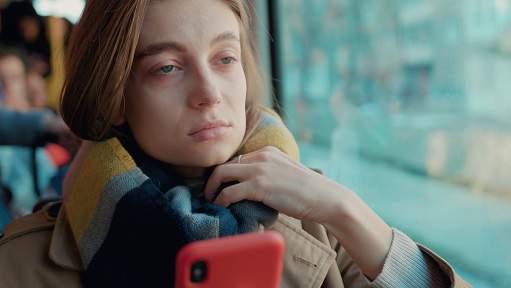
Iwouldliketotell youthat,smartguy thatIam,Iimmediatelysawthelight andbecameaconvert to Case-BasedLearning. Buttruthbetold,it wasCOVID-19that reallygotmethinkingabout Case-Based Learning.Beforethe COVID-19pandemic, Icouldjustdragthestudentsdowntothemed/surgwardsandwalkintoa patientroomandriff.Everyonewasawinner.Forthemostpart,thepatients lovedtoplayalongandthoughtitwascool.ThepatientandthebedsidewasallI neededtoprovidethecontextthatwasnecessarytoillustratewhatIwastrying toteach the “whyheadacheandfeverdon’tmix” kindofstuff.HadCOVID-19 notrudelydisruptedmyabilitytoteachatthebedside,Isuspectthatyouwould notbereadingthis Preface,asIwouldnothavehadtowriteit.Withinaveryfew daysaftertheCOVID-19pandemichit,mydaysofbedsideteachingdisappeared,butmystudentsstillneededcontext.Thisgotmefocusedonhowto providethecontexttheyneeded.Theanswerwas,ofcourse, Case-BasedLearning. Whatstartedasadesiretoprovidecontext becauseitreallywas harderthan itlooked ledmetobeginworkonthiseight-volume Case-BasedLearning textbookseries.Whatyouwillfindwithinthesevolumesareabunchoffun,real-life casesthathelpmakeeachpatientcomealiveforthestudent.Thesecasesprovide thecontextualteachingpointsthatmakeiteasyfortheteachertoexplainwhy, whenJannette’schiefcomplaintis, “MyheadiskillingmeandI’vegotafever,” itis abigdeal.
Havefun!
StevenD.Waldman,MD,JD
Spring2021
Averyspecialthankstomyeditors,MichaelHouston,PhD,JeannineCarrado, andKarthikeyanMurthy,foralltheirhardworkandperseveranceintheface ofdisaster.GreateditorssuchasMichael,Jeannine,andKarthikeyanmaketheir authorslookgreat,fortheynotonlyunderstandhowtobringtheThreeCsof greatwriting...Clarity 1 Consistency 1 Conciseness ...totheauthor’swork,but unlikeme,theycanactuallypunctuateandspell!
StevenD.Waldman,MD,JD
P.S. ...Sorryforalltheellipses,guys!
13 BrianNguyen A23-Year-OldWithSevereTesticularPainand Hematuria182
14 VivianZhao A32-Year-OldFemaleWithRightLowerQuadrant Pain200
15 MaiHuang A64-Year-OldWaitressWithLeft-SidedAbdominal PainandFever216
Index 231
ThomasWang
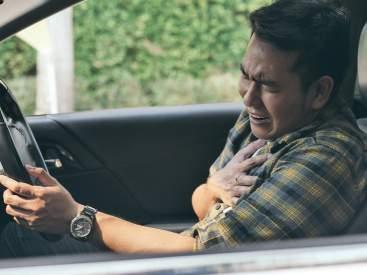
ThomasWangisa28-year-oldstockbrokerwiththechiefcomplaintof, “Mychestiskillingme.” Thomas statedthatabout1weekago,hewas involvedinamotorvehicleaccident whendrivinghomefromaparty. “ A dogranoutofnowhereandstartled me,andthenextthingIrememberis wakingupaftercrashingintoatree. ThegoodnewsisIdidn ’ thitthedog; thebadnewsisIgotaDUI.Ihada coupleofglassesofwinewithmyfriends,butthoughtIwasokaytodrive home. ” Iaskedifhewaswearinghisseatbeltandhegavemean “areyoukiddingme? ” lookasheansweredthatheal wayswearshisseatbelt. “Doctor,I don ’ tknowwhetheritwastheseatbeltortheairbagthatgotmychest,butit hurtswheneverItakeadeepbreathorreachforanything.Ihadtobuysome go-cupsbecauseIcan’ tgetmycoffeemugsoutofthecabinet!Ithoughtit wouldgetbetter,butitreallyhasn’t. ” Iresponded, “I’ mhappytohearyou werewearingyourseatbelt. So,didyouhityourhead? ” Hesaidhedidn’tthink so,thathethoughthejustfellasleepafterhehitthetree.Theytookhimtothe emergencyroom,andthescanofhisheaddidn ’tshowanything. “Doctor,I reallyscreweduphere.IhopeIdon ’tlosemylicenseforthislittlestunt.My bloodalcoholwasoffthecharts!Ican ’ tfigureitout;itwasonlyacoupleof glassesofwine.Ireallybungedupmychest.Theysaidnothingwasbroken,so whydoesithurtsomuch? ”
IaskedThomasifhehadanythinglikethishappenbefore.Heshookhis headandresponded, “ Never.Ineverdrinkanddrive.IusuallytakeanUber, buttheywereonpricesurge,andthati sjustarip-off.IwassureIwasgoodto drive. ”“ WhatImeant,Thomas,washaveyoueverpassedoutorlostconsciousness? ”“ No, ” heresponded. “Thathasneverhappened.Iamverycareful withthedistracteddrivingandall youknowwhatImean?Whatworriesme isthatmychestjustisn’ tgettingbetter,anditismakingitreallyhardtositata computermonitorallday.Itfeelslik esomethingisbrokeninthefrontofmy chest.Iamevenhavingahardtimereachinguptowashmyhairandtoshave.”
IaskedThomasaboutanypreviousproblemswithalcohol,passingout, DUIs,orforgettingwherehewas,andheshookhisheadno. “Doc,Iwasnever muchofadrinker,justacoupleglassesofwinewithdinner.Ireallyenjoythe Californiareds.” IaskedThomaswhathetriedtorelievehischestpain,andhe saidthathehadtriedsomeAdvilandTylenol,buttheydidn’tdomuch.Hewent ontosaythataheatingpadseemedtohelpalittlebit.IaskedThomaswhat
madehispainworse,andhesaid, “AnytimeIusemyarmstoreachforanything ortakeadeepbreath.IhateitwhenIhavetocoughorsneezebecausethatreally hurts.” Thomaswentontosaythatwhenhereachedup,hefeltpaininthefront ofhischestaroundhisbreastbone.Iaskedhowhewassleeping,andheshook hisheadandsaid, “Doc,I’llbetthispainwakesmeup100timesanight.Iusually sleeponmyleftside,butsinceIhadthewreckIcan’tdothat,soItrytosleepon myrightside.EverytimeIrollovertomyleftside,thepainwakesmeup.”
IaskedThomastopointwithonefingertoshowmewhereithurtthemost. Hepointedtoeachsideofhissternumandsaid, “Doc,it’srightherewhere somethingiswrong.Itfeelslikesomethingisbroken.Ikeepthinkingthere shouldbeabruiseorsomething,butit’sdowndeep.” Iaskedifhehadanyfever orchills,andheshookhisheadno.
Onphysicalexamination,Thomaswasafebrile.Hisrespirationswere16and hispulsewas68andregular.Hisbloodpressurewas112/70.Hishead,eyes, ears,nose,throat(HEENT)examwasnormal,withnoscleralicterus.Hiscardiopulmonaryexaminationwasunremarkable.Histhyroidwasnormal.His abdominalexaminationrevealednoabnormalmassororganomegaly;specifically,Iwasunabletodetectanyhepatomegaly.Therewasnocostovertebral angle(CVA)tendernessorperipheraledema.Hislowbackexaminationwas unremarkable.Visualinspectionofthechestwallwasunremarkable;specifically,therewasnoobviousbonydeformityorinfection.InotedthatThomas wassplintinghisshouldersalittleforwardtoavoidmovinghischestwall. PalpationofthecostosternaljointsexacerbatedThomas’spain(Fig.1.1).Idid notappreciateanyobviousseparationofthecostosternaljoint.Iperformedthe shoulderretractiontestforcostosternalsyndrome,whichwaspositivebilaterally(Fig.1.2).Examinationofthejointsofthehandsandothermajorjoints revealednoevidenceofinflammatoryarthritis.Acarefulneurologicexaminationoftheupperextremitiesrevealednoevidenceofperipheralorentrapment neuropathy,andthedeeptendonreflexeswerenormal.Thomas’smentalstatus examinationwasnormal.
KeyClinicalPoints—
THEHISTORY
’ Ahistoryofacutetraumatothechestwallfromanairbagandseatbelt
’ Ahistoryofmotorvehicleaccident
’ Historyofdrivingwhileintoxicated
’ Historyofdailyalcoholintake
’ Nohistoryofprevioussignificantchestwallpain
’ Nofeverorchills
Fig.1.1 Palpationofthecostosternaljoint.
’ Exacerbationofpainwithdeepinspirationandelevationoftheupper extremities
’ Sleepdisturbance
THEPHYSICALEXAMINATION
’ Patientisafebrile
’ Palpationofcostosternaljointsrevealstendernessbilaterally(see Fig.1.1)
’ Noevidenceofinfection
’ Shoulderretractiontestforcostosternalsyndromepositivebilaterally(see Fig.1.2)
OTHERFINDINGSOFNOTE
’ NormalHEENTexamination
’ Normalcardiovascularexamination
’ Normalpulmonaryexamination
’ Normalabdominalexamination
’ Noperipheraledema
’ Normalupperextremityneurologicexamination,motorandsensory examination
’ Examinationofotherjointsnormal
Fig.1.2 Toelicitashoulderretractiontestinpatientswhoaresuspectedofsufferingfromcostosternalsyndrome,thepatientisplacedinthestandingpositionwiththeshouldersinneutralposition,facingtheexaminer.Thepatientisthenaskedtoretracttheshouldervigorously.Theshoulderretraction testisconsideredpositiveiftheretractionmaneuverreproducesthepatient’santeriorchestwallpain. (FromWaldmanS. PhysicalDiagnosisofPain:AnAtlasofSignsandSymptoms.ed.4.Philadelphia: Elsevier;2021[Fig.143-1].)
WhatTestsWouldYouLiketoOrder?
Thefollowingtestswereordered:
’ Plainradiographsofthechestwall
’ Completebloodcount
’ Comprehensivechemistrypanel,includingliverenzymes
TESTRESULTS
Theplainradiographsofthesternumandcostosternaljointsrevealednofracturesordislocations.
Thecompletebloodcountrevealednomegaloblasticanemia.
Thecomprehensivechemistrypanelwaswithinnormallimitswithnoelevationofliverenzymes.
ClinicalCorrelation—PuttingitallTogether
Whatisthediagnosis? ’ Costosternalsyndromesecondarytoacutetraumaticinjury
TheScienceBehindtheDiagnosis ANATOMYOFTHECOSTOSTERNALJOINTS
Thecartilageofthetrueribsarticulateswiththesternumviathecostosternal joints(Fig.1.3).Thecartilageofthefirstribarticulatesdirectlywiththemanubriumofthesternumandisasynarthrodialjointthatallowsalimitedgliding movement.Thecartilageofthesecondthroughsixthribsarticulateswiththe bodyofthesternumviatruearthrodialjoints.Thesejointsaresurroundedbya thinarticularcapsule.Thecostosternaljointsarestrengthenedbyligamentsbut
Fig.1.3 Theanatomyofthechestwall.(FromWaldmanS. AtlasofPainManagementInjection Techniques.ed.4.St.Louis:Elsevier;2017[Fig.99-3].)
Clavicle
Costal cartilage
Costosternal joint
Costochondral joint Jugular notch of sternum
canbesubluxedordislocatedbyblunttraumatotheanteriorchest.Posteriorto thecostosternaljointarethestructuresofthemediastinum.Thesestructuresare susceptibletoneedle-inducedtraumaiftheneedleisplacedtoodeeply.The pleuralspacemaybeenterediftheneedleisplacedtoodeeplyandlaterally,and pneumothoraxmayresult.
CLINICALSYNDROME
Manypatientswithnoncardiogenicchestpainsufferfromcostosternaljointpain. Mostcommonly,thecostosternaljointsbecomepainfulinresponsetoinflammationasaresultofoveruseormisuse,orinresponsetotraumasecondaryto acceleration-decelerationinjuriesorblunttraumatothechestwall(Fig.1.4).With severetrauma,thejointsmaysubluxateordislocate.Thecostosternaljointsare
Sternum Costosternal joints
Fig.1.4 Irritationofthecostosternaljointsfromoveruseofexerciseequipmentcancausecostosternal syndrome.(FromWaldmanS. AtlasofCommonPainSyndromes.ed.4.Philadelphia:Elsevier;2019 [Fig.61-1].)
Fig.1.5 Abnormalitiesofmanubriosternalandsternocostaljointsinrheumatoidarthritis.Radiograph ofasternumfromacadaverwithrheumatoidarthritisshowslargeerosionsofthearticularsurfaceof boththemanubrium (M) andthebodyofthesternum (S).Subtleirregularitiesofthesecondandthird sternocostaljointsareevident,mostprominentlyinthesternalfacetoftheleftthirdsternocostaljoint (arrowheads) R,Ossifiedcostalcartilage.(FromResnickD. DiagnosisofBoneandJointDisorders ed.4.Philadelphia:Saunders;2002:854.)
susceptibletothedevelopmentofosteoarthritis,rheumatoidarthritis,ankylosing spondylitis,Reitersyndrome,andpsoriaticarthritis.Thejointsarealsosubjectto invasionbytumorfromprimarymalignanttumors,includingthymoma,orfrom metastaticdisease.
SIGNSANDSYMPTOMS
Physicalexaminationrevealsthatthepatientvigorouslyattemptstosplintthe jointsbykeepingtheshouldersstifflyinaneutralposition.Painisreproduced withactiveprotractionorretractionoftheshoulder,deepinspiration,fullelevationofthearm,andpalpationofthecostosternaljoints(see Fig.1.1).Patients withpainfulcostosternaljointswillexhibitapositivecostosternalretractiontest (see Fig.1.2).Shruggingoftheshouldermayalsoreproducethepain.Coughing maybedifficult,leadingtoinadequatepulmonarytoiletinpatientswhohave
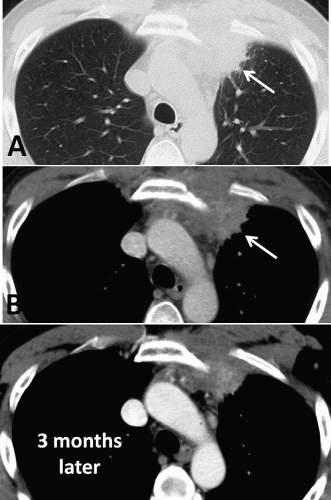
CFig.1.6 Computedtomography(CT)scanofapatientwithanteriorchestwallpain.CTscanningof anterioruppermediastinalmassafteriodinatedcontrastadministration.Lungwindow(A). Mediastinumwindow(B)showsinhomogeneouscontrastenhancementofthemass.Enhanced multidetectorCTfollow-upafter3months(C)showsdecreaseinvolumeofmediastinalmass. (FromDeFilippoM,AlbiniA,CastaldiV,etal.MRIfindingsofTietze ’ssyndromemimickingmediastinalmalignancyonMDCT. EurJRadiolExtra .2008;65(1):33 35[Fig.1].ISSN1571-4675, https:// doi.org/10.1016/j.ejrex.2007.10.006, http://www.sciencedirect.com/science/article/pii/S1571467 507000892.)
sustainedtraumatotheanteriorchestwall.Thecostosternaljointsandadjacent intercostalmusclesmaybetendertopalpation.Thepatientmayalsocomplain ofaclickingsensationwithjointmovement.
TESTING
Plainradiographsareindicatedforall patientswhopresentwithpainthatis thoughttobeemanatingfromthecostosternaljointstoruleoutoccultbony disorders,includingtumor( Fig.1.5 ).Iftraumaispresent,radionuclidebone scanningmaybeusefultoexcludeoccultfracturesoftheribsorsternum. Basedonthepatient ’ sclinicalpresentation,addi tionaltestingmaybeindicated,includingacompletebloodcount,pr ostate-specificantigenlevel,erythrocytesedimentationrate,andantin uclearantibodytesting.Laboratory evaluationforcollagenvasculardiseaseisindicatedinpatientssufferingfrom costosternaljointpainifotherjoin tsareinvolved.Computedtomography
(CT)scanning,magneticresonanceimag ing(MRI),andultrasoundimagingof thejointsareindicatedifjointinstabilityoroccultmassissuspected,ortoelucidatethecauseofthepainfurther( Figs.1.6,1.7 ,and 1.8 ).Injectionofthe costosternaljointcanserveasbothadi agnosticandatherapeuticmaneuver ( Figs.1.9 and 1.10 ).
DIFFERENTIALDIAGNOSIS
Asmentioned,thepainofcostosternals yndromeisoftenmistakenforpainof cardiacorigin,anditleadstovisitsto theemergencydepartmentandunnecessarycardiacworkups.Iftraumahasoccurred,costosternalsyndromemay coexistwithfracturedribsorfracturesofthesternumitself,whichcanbe missedonplainradiographsandmayrequireCTorradionuclidebonescanningforproperidentification( Fig.1.11 ).Tietzesyndrome,whichispainful enlargementoftheuppercostochondral cartilageassociatedwithviralinfection,maybeconfusedwithcostosternalsyndrome( Box1.1 ).
Neuropathicpaininvolvingthechest wallmayalsobeconfusedorcoexist withcostosternalsyndrome.Example sofsuchneuropathicpainsyndromes includediabeticpolyneuropathiesand acuteherpeszosterinvolvingthethoracicnerves.Diseasesofthestructuresofthemediastinumandchestwallmay Fig.1.7 Properplacementofthehigh-frequencylinearultrasoundprobeforultrasoundevaluationof thecostosternaljoint.
Transverseultrasoundimageofthecostosternaljoint.
Third costochondral junction
Fig.1.9 Injectionofthecostosternaljoint.(FromWaldmanS. PainReview.2nd.ed.Philadelphia: Elsevier;2017:9780323448895[Fig.286-1].)
Carrico & Shavell
Fig.1.8
mimicthepainofcostosternalsyndromeandmaybedifficulttodiagnose (Fig.1.12 ).Pathologicprocessesthatinflamethepleura,suchaspulmonary embolus,infection,andBornholmdisease,mayalsoconfusethediagnosisand complicatetreatment.
TREATMENT
Initialtreatmentofthepainandfu nctionaldisabilityassociatedwith costosternalsyndromeincludesacombinationofnonsteroidalantiinflammatorydrugs(NSAIDs)orcyclooxygena se-2inhibitors.Thelocalapplicationofheatandcoldmayalsobebeneficial.Useofanelasticribbeltmay providesymptomaticreliefandprote ctthecostosternaljointsfromadditionaltrauma.Forpatientswhodonotrespondtothesetreatmentmodalities,injectionwithlocalanestheticandsteroidisareasonablenextstep (see Figs.1.9 and 1.10 ).Physicalmodalities,includinglocalheatandgentlerange-of-motionexercises,shouldbeintroducedseveraldaysafterthe patientundergoesinjectionforcostos ternaljointpain.Vigorousexercises shouldbeavoidedbecausetheywillexacerbatethepatient ’ ssymptoms. SimpleanalgesicsandNSAIDsmaybe usedconcurrentlywiththisinjectiontechnique.
Fig.1.10 Properneedleplacementforultrasound-guidedinjectionofthecostosternaljoint.
Fig.1.11 Crushinjuryofthechestwithmassivechestwalltrauma.(A)Computedtomographic(CT) three-dimensionalreconstructionimageofthechestwallonadmission.(B)CTimageofthesternum.(C) Surgicalprocedure:fixationofsternalandmultiplecostalcartilagefractures.(D)CTthree-dimensional reconstructionimageofthechestwallafteroperation.(E)Chestfilmobtained4daysafteroperation. (FromGaoE,LiY,ZhaoT,etal.Simultaneoussurgicaltreatmentofsternumandcostalcartilagefractures. AnnThoracSurg.2019;107(2):e119 e120[Fig.1].ISSN0003-4975, https://doi.org/10.1016/j. athoracsur.2018.06.044, http://www.sciencedirect.com/science/article/pii/S0003497518310488.)
Strainofthecostosternaljoint ’ Manubriosternalarthritis ’ Tietzesyndrome
’ Costochondritis ’ Xiphodynia
’ Costovertebraljointdisorders
Septicarthritis
Ribtrauma
’ Ribfracture
’ Primaryandmetastaticneoplasmoftheribinfection
’ Slippingribsyndrome
PainArisingFromtheSoftTissues
’ Myositis
’ Musclestrain
’ Fibromyalgia
’ Myofascialpain
MiscellaneousSourcesofPain
’ Precordialcatchsyndrome
’ Acuteherpeszoster
’ Zostersineherpete
’ Somatiformdisorders
Fig.1.12 Computedtomographyscanofapatientcomplainingofrightcostosternalpainrevealinga rightchestwallmassatthelevelofthesecondrib (arrow).(FromRichBS,McEvoyMP,Honeyman JN,etal.Hodgkinlymphomapresentingwithchestwallinvolvement:acaseseries. JPediatrSurg 2011;46(9):1835 1837[Fig.2].ISSN0022-3468, https://doi.org/10.1016/j.jpedsurg.2011.05.015, http://www.sciencedirect.com/science/article/pii/S0022346811004428.)
COMPLICATIONSANDPITFALLS
Becausemanypathologicprocessescanmimicthepainofcostosternalsyndrome,theclinicianmustcarefullyruleoutunderlyingcardiacdiseaseanddiseasesofthelungandstructuresofthemediastinum.Failuretodosocouldlead todisastrousresults.Themajorcomplicationoftheinjectiontechniqueispneumothoraxiftheneedleisplacedtoolaterallyordeeplyandinvadesthepleural space.Infection,althoughrare,canoccurifstrictaseptictechniqueisnot
followed.Traumatothecontentsofthemediastinumisalsoapossibility.The riskofthiscomplicationcanbegreatlydecreasedwiththeuseofultrasound guidanceforneedleplacement.
HIGH-YIELDTAKEAWAYS
• Thepatientisafebrile,makinganacuteinfectiousetiology(e.g.,septicarthritis) unlikely.
• Thepatient’ssymptomatologyistheresultofacutetrauma,andphysical examinationandtestingshouldfocusontheidentificationofotherpathologic processesthatmaymimictheclinicalpresentationofcostosternalsyndrome.
• Thepatient’spainislocalizedtothecostosternaljoints.
• Thepatient’ssymptomsinvolveonlythecostovertebraljoints,whichismore suggestiveofalocalprocessthanasystemicpolyarthropathy.
• Sleepdisturbanceiscommonandmustbeaddressedconcurrentlywiththe patient’spainsymptomatology.
• Plainradiographswillprovidehigh-yieldinformationregardingthebony contentsofthecostovertebraljoints,butCTscanning,ultrasoundimaging,and MRIwillbemoreusefulinidentifyingsofttissuepathology.
SuggestedReadings
AylooA,CvengrosT,MarellaS.Evaluationandtreatmentofmusculoskeletalchest pain. PrimCare.2013;40(4):863 887.
HillenTJ,WessellDE.MultidetectorCTscanintheevaluationofchestpainofnontraumaticmusculoskeletalorigin. ThoracSurgClin.2010;20(1):167 173.
LuCH,HsiehSC,LiKJ.Tophiinanteriorchestwall. JointBoneSpine.2014;81(4):366.
StochkendahlMJ,ChristensenHW.Chestpaininfocalmusculoskeletaldisorders. Med ClinNorthAm.2010;94(2):259 273.
WaldmanSD.Arthritisandotherabnormalitiesofthecostosternaljoint.In: Waldman’ s ComprehensiveAtlasofDiagnosticUltrasoundofPainfulConditions.ed.2.Philadelphia: WoltersKluwer;2016:513 518.
WaldmanSD.Costosternaljointinjection.In: PainReview.ed.2.Philadelphia:Elsevier; 2017:462 463.
WaldmanSD.CostosternaljointinjectiontechniqueforTietzesyndrome.In: Atlasof PainManagementInjectionTechniques.ed.4.Philadelphia:Elsevier;2017:349 351.
WaldmanSD.Ultrasound-guidedinjectiontechniqueforcostosternaljointpain. In: Waldman’sComprehensiveAtlasofUltrasoundGuidedPainManagementInjection Techniques.ed.2.Philadelphia:WoltersKluwer;2020:591 594.
PeteWilder
A23-Year-OldPrinterWith
PersistentChestWallPain FollowingCPR
LEARNINGOBJECTIVES
• Learnthecommoncausesofchestwallpain.
• Developanunderstandingoftheanatomyofthemanubriosternaljoint.
• Developanunderstandingoftheuniqueclinicalpresentationofmanubriosternal jointpain.
• Developanunderstandingofthedifferentialdiagnosisofchestwallpain.
• Learnhowtousephysicalexaminationtoidentifythemanubriosternaljointasthe sourceofchestwallpain.
• Developanunderstandingofthetreatmentoptionsformanubriosternaljoint pain.
PeteWilder
PeteWilderisa23-year-oldprinter withthechiefcomplaintof, “Every timeItakeadeepbreath,itfeelslike somebodyisstabbingmeinthechest withaknife.” Petestatedthathe stoppedtohelpawomaninaminivanfullofkidswhowastryingto changeatire.Thenextthingheknew, hewokeupintheintensivecareunit oftheuniversitymedicalcenter.
“Doctor,IguessIwastryingtoliftthespareupontothewheelwhenaguyina pickuptruckcameoverthehillandknockedmeintonextweek.Abystander decidedIdidn’thaveapulseandstartedCPR.Hemusthavereallypumpedthe helloutofmychestbecausenowmybreastboneclickswitheverybreath.The ICUdoctorsaidIhadadislocationorsomething.”
“Doctor,Iconsidermyselfaprettytoughguy youknow,Ijoinedthe Marinesrightoutofhighschool butanytimeIcoughorsneeze,thepainisso badIjustwanttoscream.Itreally,reallyhurts.”
IaskedPeteifhehadexperiencedanypainorhadanypreviousinjuryorsurgeryofthechestwallbeforeallthisstarted,andheshookhisheadnoand replied, “Iamashealthyasahorse.Iguessnogooddeedgoesunpunished. IguessIamluckythatIdidn’tgetkilledtryingtohelpthatlady.Ireallydon’t remembergettinghitbythecarorgettingmychestpoundedon.Iguessthat’ sa goodthing ornot!?” Iasked, “Howisyoursleep?” Petereplied, “I’msleeping inmyreclinerbecauseitkeepsmefromrollingover,whichreallyhurts.Even then,Ibetthepainwakesmeup50timesanight.Mybosshasbeenprettynice aboutthewholething,butprintingisaprettyphysicalactivity.”
IaskedPetetoshowmethelocationofthepain,andhepointedtothecenter ofhissternum. “Ithurtsrighthere.It’srighthere,andthisiswheretheclicking comesfrom,righthere.” IaskedPeteaboutanyfever,chills,orotherconstitutionalsymptomssuchasweightlossornightsweats,andheshookhisheadno. Hedeniedanyothermusculoskeletalorsystemicsymptoms.
Onphysicalexamination,Petewasafe brile.Hisrespirationswere18,his pulsewas74andregular,andhisbloodpressurewas124/76.Pete’ shead, eyes,ears,nose,throat(HEENT)examwasnormal,aswashisthyroidexam. Auscultationofhiscarotidsrevealednobruits,andthepulsesinallfour extremitieswerenormal.Hehadaregularrhythmwithoutabnormalbeats. Hiscardiacexamwasotherwiseunremarkable.Hisabdominalexamination revealednoabnormalmassororganomegaly.Therewasnoperipheraledema. Hislowbackexaminationwasunremarkable,althoughflexionofthelumbar
Fig.2.1 Photographshowinganobviousstep-offinthemanubriosternaljointfollowingdislocation. (FromLyonsI,SahaS,ArulampalamT.Manubriosternaljointdislocation:anunusualriskoftrampolining. JEmergMed.2010;39:596 598.)
spinecausedsomepainintherightbuttocks.Therewasnocostovertebral angle(CVA)tenderness.VisualinspectionofPete’santeriorchestwallwas unremarkable.Therewasnoevidenceofecchymosisorobviousswelling. PressureonthesternumcausedPetetocryoutinpain.Therewasanobvious bonydeformitywithaclearlydefinedst ep-offofthemanubriosternaljoint, suggestiveofamanubriosternaldislocation( Fig.2.1 ).Petesaid, “I’ vehad aboutallthefunwiththepokingaroundthatIcanstand.Areyouabout done? ”“ Sorry,Pete,Ijustwanttofigureoutwhatweneedtodotogetyoubetter.Weareaboutdonehere. ” Carefulneurologicexaminationsofboththe upperandlowerextremitieswerenormal.Deeptendonreflexeswerephysiologicthroughout. “IamprettysureIknowwhatiscausingthepain,andwe shouldbeabletogetyoubetter.”
KeyClinicalPoints—What’sImportantandWhat’sNot
THEHISTORY
’ HistoryofseveremidsternalpainafterreceivingCPR
’ Painmadeworsewithpressureonthemanubriosternaljoint
’ Nohistoryofpreviouschestorchestwallpain
’ Nofeverorchills
’ Significantsleepdisturbance

